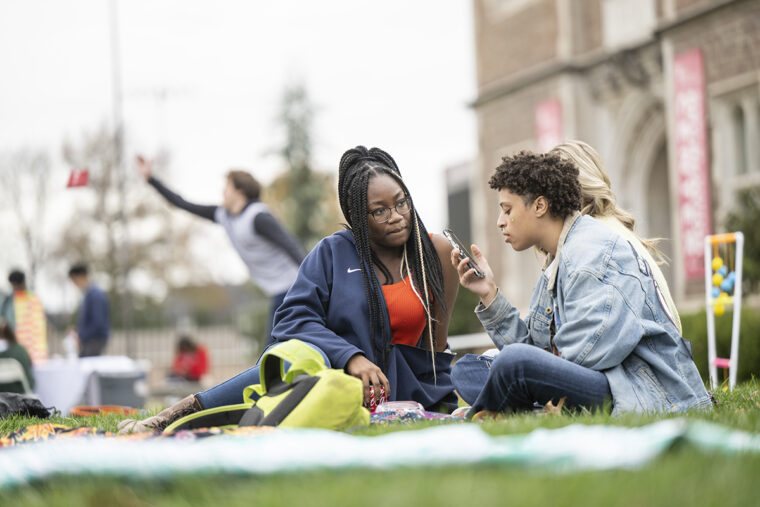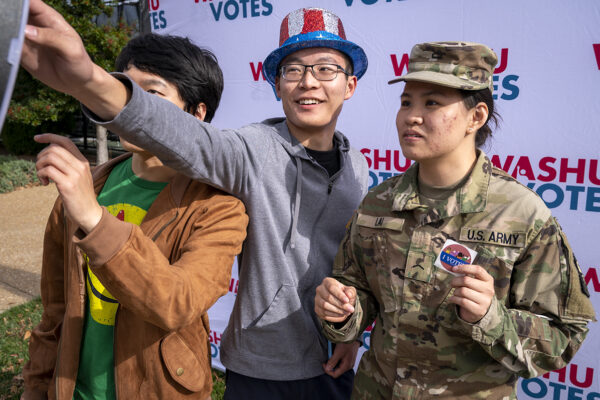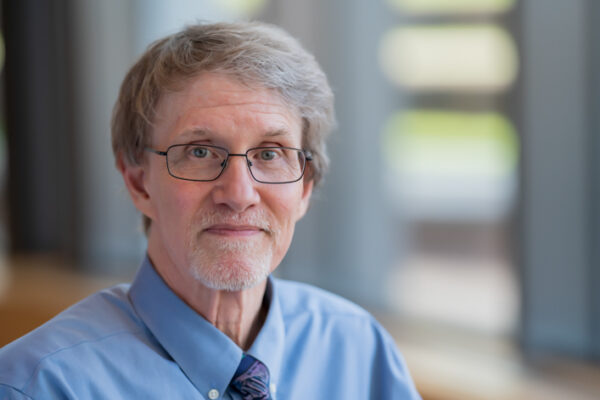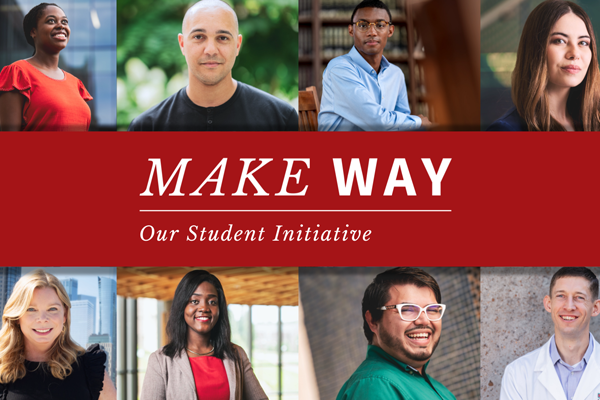Our nation’s hyper-partisan politics did not spark the mental health crisis at America’s colleges and universities. But studies suggest elections are making it worse. A survey by Timely Care, a virtual health and well-being provider to roughly 350 colleges including WashU, reports that 65% of surveyed students are stressed or anxious about the upcoming election, and 52% say that engaging in political discourse has negatively affected their mental health.
“Politics, especially close elections, can trigger sleep loss, shortened tempers, obsessive thoughts, increased mental health appointment usage, drug and alcohol use and elevated levels of depression and anxiety,” said Kirk Dougher, associate vice chancellor for student health and well-being at Washington University in St. Louis. “Students are not alone in feeling that way. But because college students are already coping with higher rates of depression and anxiety, elections have the power to exacerbate those issues.”
Here, Dougher explains what colleges are doing to help their students during this fraught election season and what steps students can take to cope in the weeks leading up to and following the Nov. 5 election.
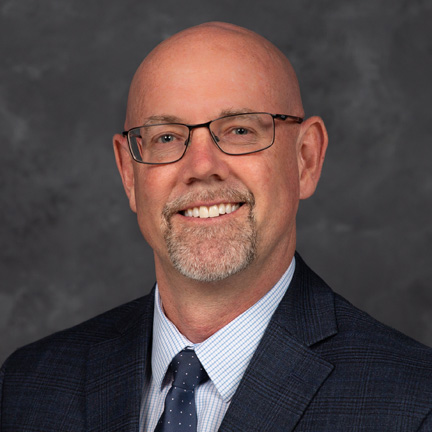
What sort of mental health services are colleges providing to students who are experiencing stress and anxiety during this election season?
Schools, including WashU, are creating spaces where people can connect and feel validated in their experiences without having to be on the defensive. We know that those moments when we feel truly understood by another human being in a supportive environment are so important and have the power to reduce stress. At WashU, the Center for Counseling & Psychological Services offers many process and support groups that provide ongoing support for students who are dealing with stress, grief or other issues. Those groups have agreed-upon norms about how they are going to deal with hot-button issues. Right now we do not have a group organized around politics, but that is something we could do if we see a need.
Virtual or in-person one-on-one therapy, especially in the moment when a student feels they need a listening ear, can also be productive. But even better outcomes can come from being part of these supportive group environments on an ongoing basis.
And then there are one-off events like guided mindfulness workshops and yoga. Those can be helpful and students like them, but they’re never really curative. Again, it usually takes repeated iterations of something to be able to help drive people toward health.
What can students do for themselves?
No one will be surprised to hear that stabilizing healthy patterns of eating, sleep and exercise are the best things you can do for your physical and mental health. It can also be a really good idea in times like these to set limits on social media engagement and news consumption. The objection may be: “But I need to be informed.” OK, but remember the algorithms that run social media are designed to keep you on those platforms. So know what your tolerance is and build in time for self-care and times to decompress.
Also, think about how to engage in conversations without feeling like your values or your candidates are at stake. That’s easier said than done. We know that focusing on engaging with other people who have different viewpoints from us can actually be detrimental to our mental health. So recognize your limitations.
But at some point, we all need to build these skills. Regardless of your political opinion there are very smart, rational people who think differently than you do. When we learn to engage in hard conversations with people with different viewpoints from a place of curiosity and vulnerability, these discussions become intriguing and connecting, not confrontational. That’s why WashU and other universities have introduced programs that facilitate intergroup dialogue like “Dialogue Across Difference.”
I also recommend that students make a plan for election night — who are you going to spend it with, what’s going to make you the most comfortable, how much gas do you have left in the tank. And make peace with the idea that you probably won’t know the outcome of the election that night. And in the days after the election, think about what kind of self-care you will be engaging in. At WashU, we will have Let’s Talk counselors across campus. And Timely Care is clearly aware of the election, and their professionals will be available.
Some people would argue students so negatively impacted by today’s politics are, indeed, ‘snowflakes.’
There is a fine line between being prepared and treating our students like they’re spun glass. They’re not; they’re strong and resilient. But people who lob the term emotional snowflake are usually people who are trying to devalue the importance of empathy. Yes, there are those few students who resist encountering anything that’s difficult. That attitude is fundamentally opposed to the mission of higher education, which is to learn how to wrestle with new, compelling and, yes, stressful ideas in order to grow.
Providing support and resources to students who are struggling with anxiety and stress is not about trying to remove aversive stimuli; it is about teaching students how to navigate difficult emotions. One of the tried-and-true horrible strategies for dealing with difficult emotions is to ignore them. At best, you put off those feelings. At worst, you turn to unproductive strategies like self-medication. Working to build good distress tolerance and emotional navigation skills is the antithesis of being a so-called snowflake.
